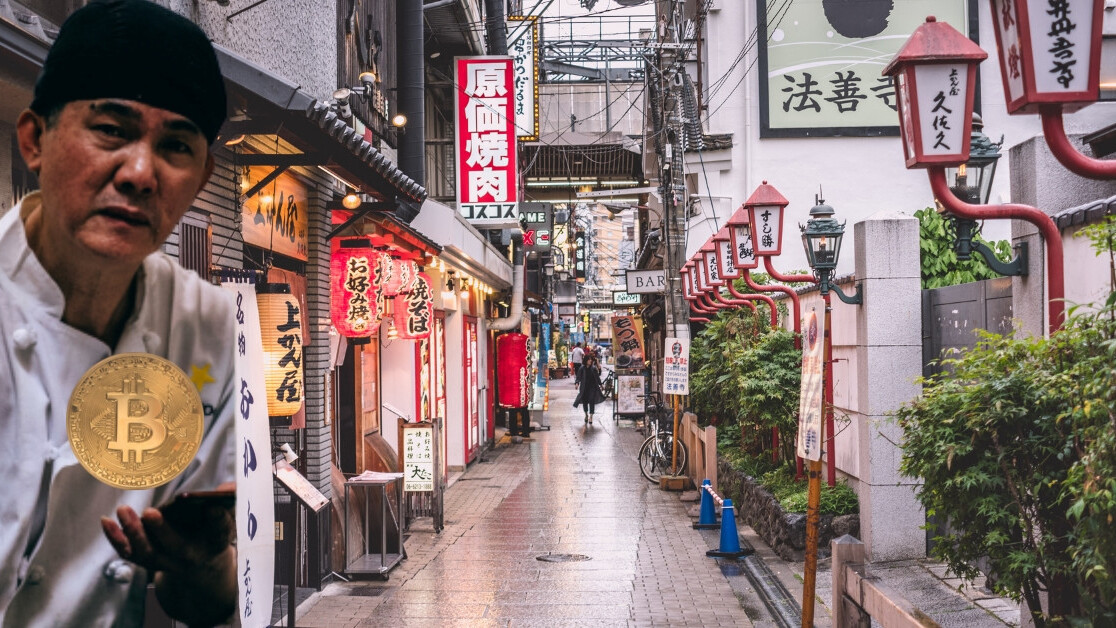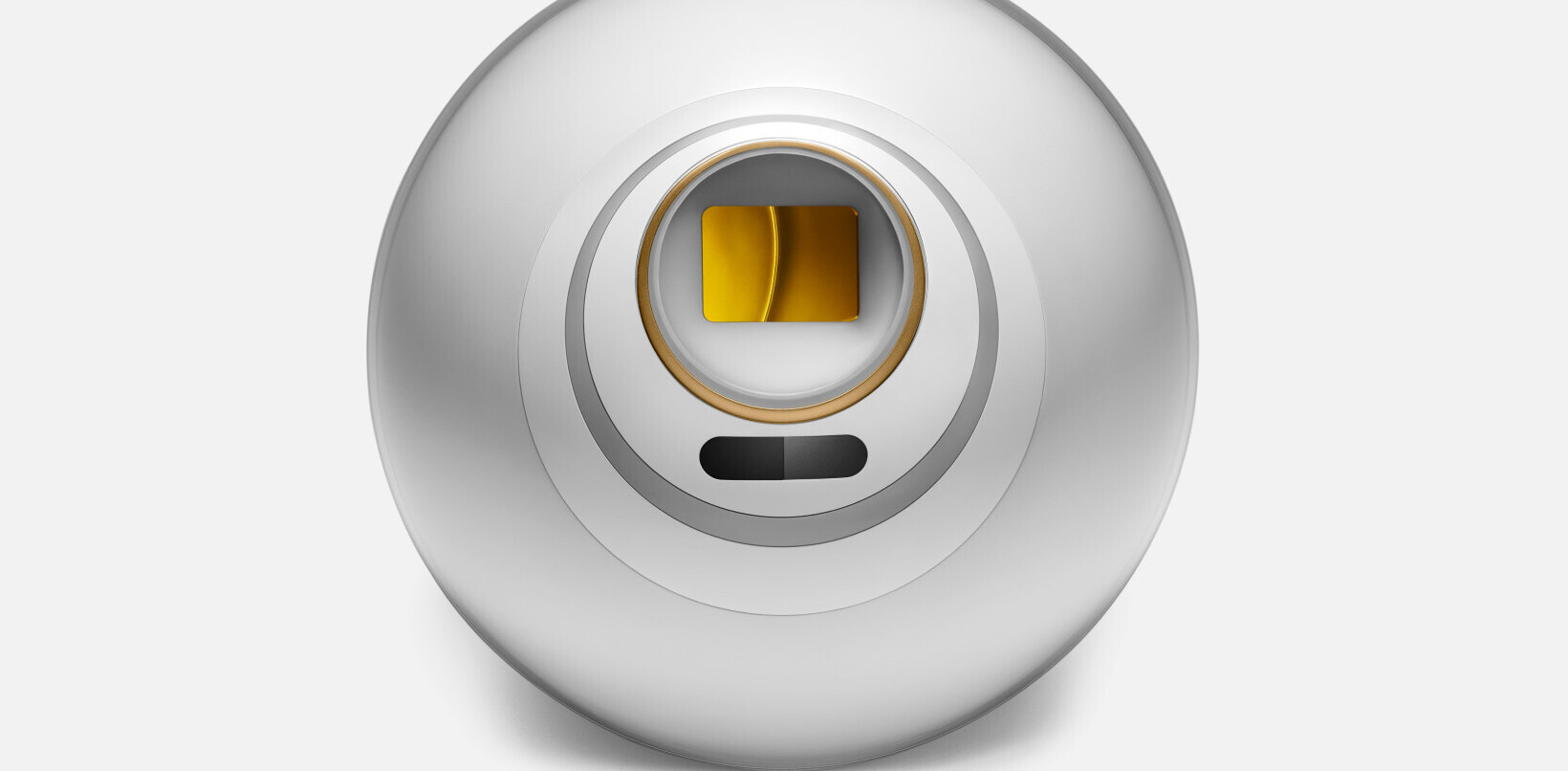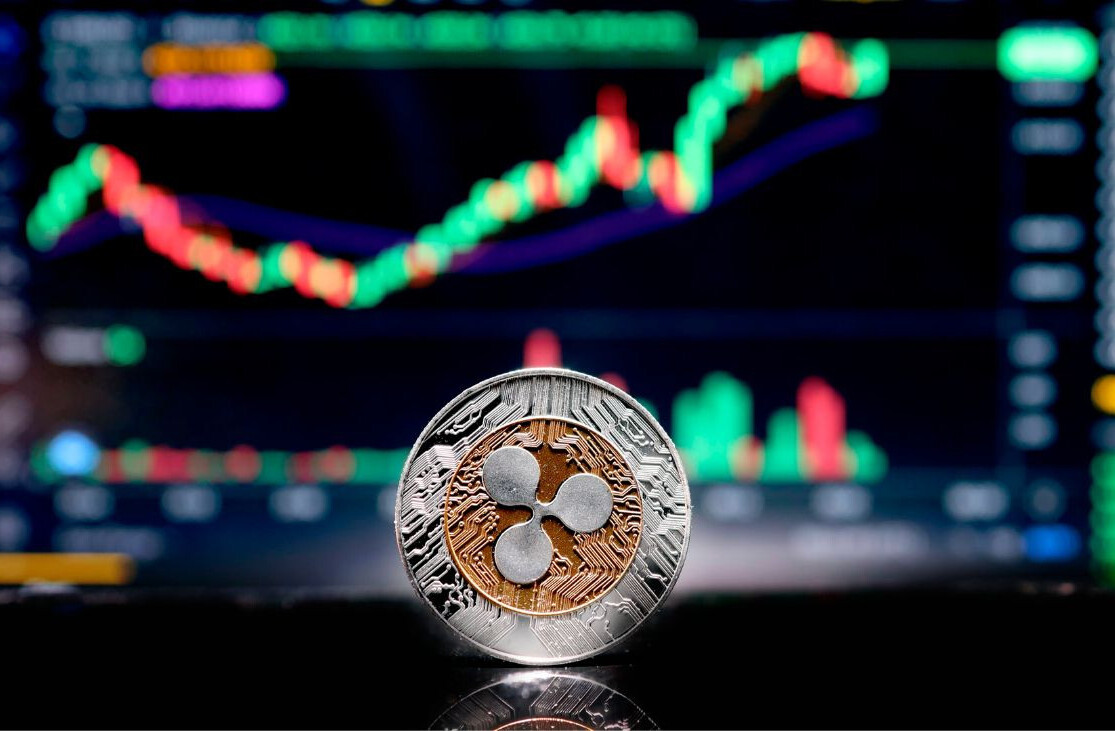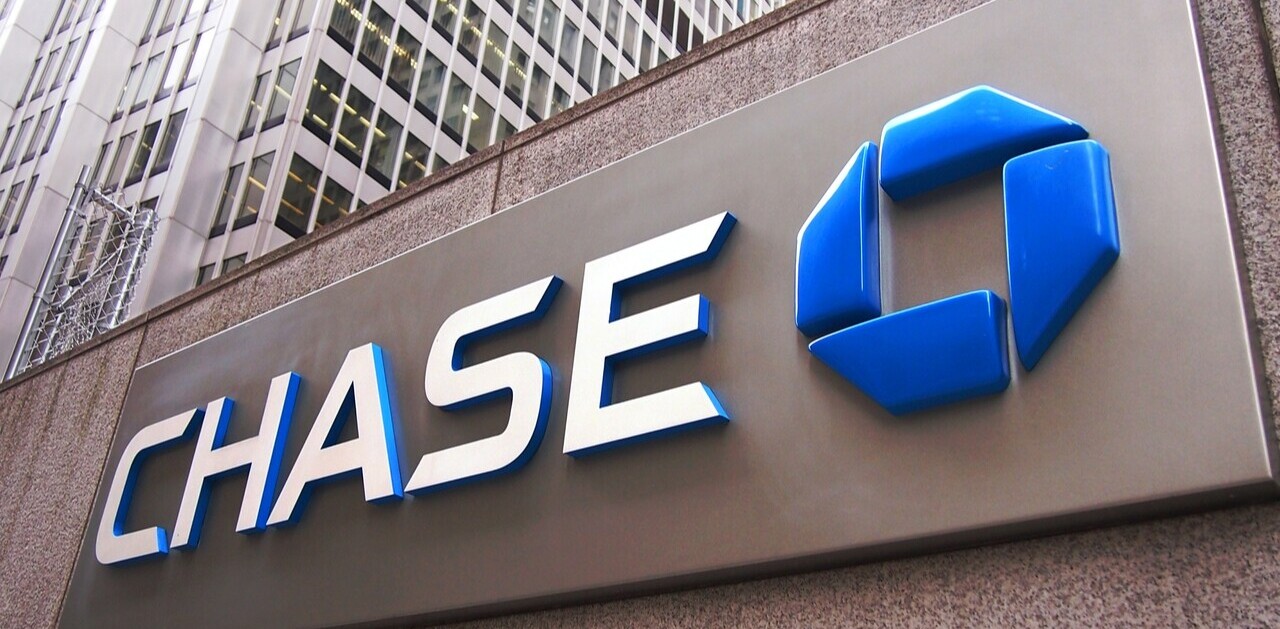
Japan, the home of the now-defunct cryptocurrency exchange Mt. Gox, is establishing stricter rules for cryptocurrency margin trading to prevent investors from getting scammed.
Margin traders typically use borrowed funds from a broker to trade a financial asset, which in turn, forms the collateral for the loan supplied by the broker.
According to a report from Nikkei Asian Review, the new rules will come into place in April 2020, after the Japanese Cabinet approved draft amendments relating to payment services and financial instrument laws last Friday.
As a result, all cryptocurrency exchanges offering margin trading in the country will need to get new government registration within 18 months of the new rules coming into effect.
Essentially, the new rules will mean cryptocurrency exchange operators will be scrutinized in the same way as securities traders.
Cryptocurrency exchanges will be divided into categories in a bid to distinguish between those which engage in margin trading, and those which issue tokes or launch initial coin offerings.
The new scheme will add an additional layer to existing licensing requirements in Japan, wherein cryptocurrency exchanges are obliged to get a license as per the payment services law which came into effect in April 2017.
Today’s news comes after Japan’s Financial Services Agency (FSA) granted the cryptocurrency industry self-regulatory status in October last year, enabling the Japan Virtual Currency Exchange Association to police and sanction industry exchanges.
Japan’s seemingly progressive stance on virtual currency has meant it’s often been credited with being a “cryptocurrency haven” and these new measures will hopefully spell safer trading for investors across the country, especially those burnt by the notorious collapse of Mt.Gox.
Want to find out more about cryptocurrencies and blockchain technology? Check out our Hard Fork track at TNW 2019!
Get the TNW newsletter
Get the most important tech news in your inbox each week.





